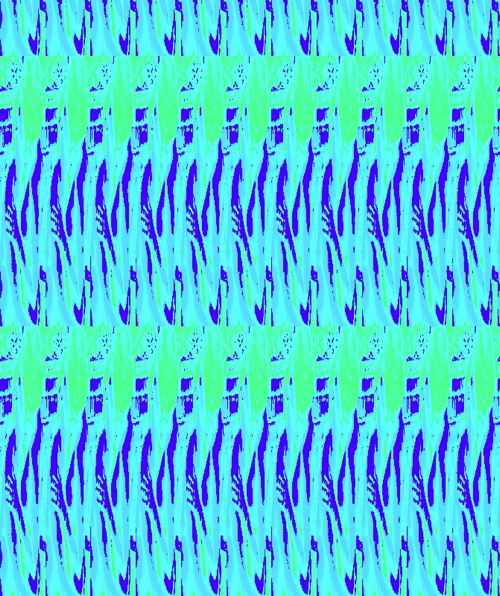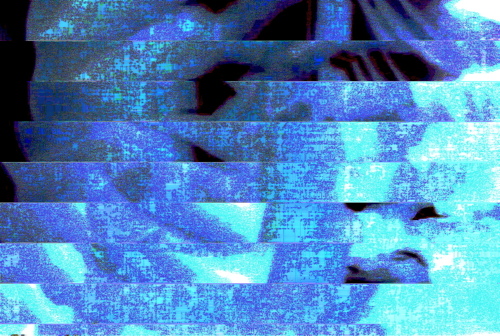Sonic and Visual Representation of Data


There will be a few differences, though. For one thing, we won't be using the Python programming language to merge the data we'll be visualizing and sonifying. Instead we'll be using the Max/MSP programming enivironment as our 'base', and RTcmix for audio with the Processing graphical programming environment for visualization. As the course progresses, we will also be employing more features of Max/MSP as well as several substantial Machine Learning/AI packages designed to work in that context.
The course is conceptually (and loosely) divided into three main 'sections'. The first is the visualization and sonification of existing data 'models', more specifically things like chaotic equations and generative systems. These produce data on-the-fly, and the present a relatively simple methodology for doing graphics and audio with the output. The second section will be what people generally imagine when they hear 'sonification' or 'visualization' of data -- we'll be tapping large datasets (Big Data!) for the graphing and auralization processes. We will use both pre-existing datasets as well as real-time internet data sources.
The last section will be concerned with higher-level feature extraction and employment. This encompasses machine learning and AI techniques, and it should be interesting to see what is possible.
In all three sections we will be showing more and more capabilities of the RTcmix and Processing languages, as well as expanding our knowledge of how best to draw upon the Max/MSP environment for our work.
If you feel totally lost or bewildered, please be sure to get in
touch with us! We're here to help! Honest! Much of this isn't
all that difficult, and we believe everyone can come up with an
interesting project for the class. Obviously
We will also be doing a fair
amount of coding, BUT don't be worried about it! Everything we do will
be with a musical goal in mind, and I think you'll pick up what
we're doing without too much trouble. We will link all of the code,
and patches for each class in the syllabus for you to download
and use. I am planning to record our class sessions for you to review
later if we can do it without too much trouble.
Collected here are links to the initial software and resources that we will be using in class:
Do let us know if you are having problems getting the
software to work for you.
In general, if you are having difficulty
understanding the programming paradigms
we are using or the applications and information we are covering,
be sure to talk to us. We'll be happy to sit down and work through
any issues with you.
Like we said,
each week we do will become a link to information relating to that
class. We will place recordings of the class meetings on these
pages, too, if we can work them out.
We'll try to keep up with linking in class patches, examples
and information, but we may fall behind. Yell at us when we do.
I say this every year, and generally people believe it (I think): by this point in your career the last thing you should be worrying about is a grade. The main thing is to find something that you'd really like to do and then do it. Please don't try to impress us with your consummate knowledge and skill, we are more impressed by people who do things. Honest!
Hope you enjoy the class!
